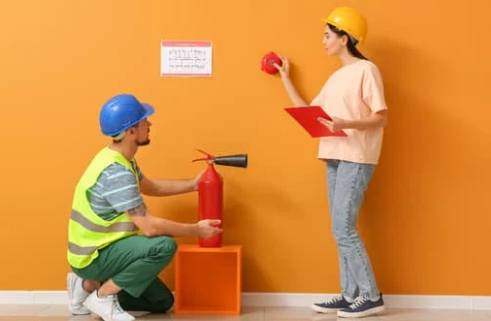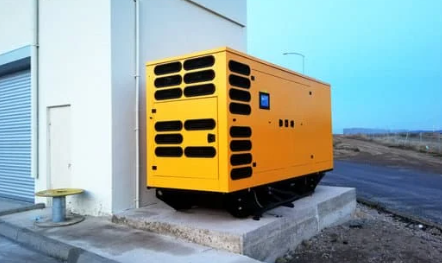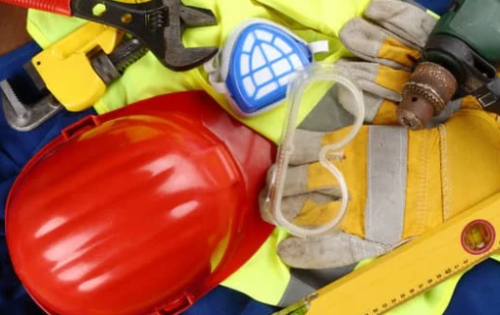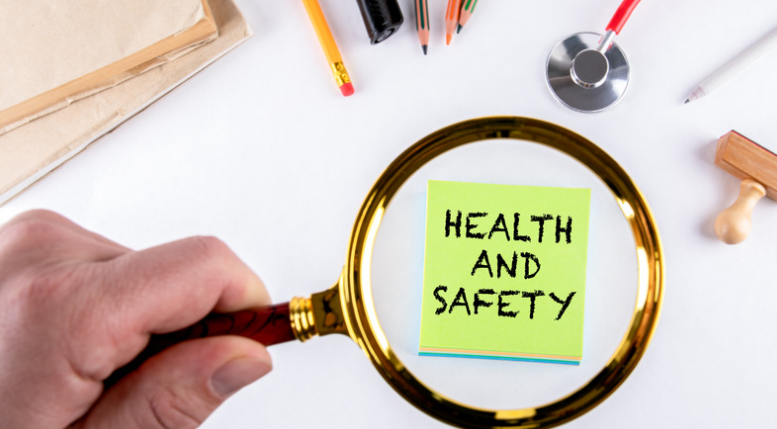Table of Contents
Health and safety are no laughing matter for businesses. Once upon a time, health and safety officials and lawmakers were deemed jobsworths without a true understanding of the day-to-day work in question – but today, they remain a vital breakwater between poor business practices and vulnerable workers.
In any workplace, it is important to have the correct emergency and safety features in place in case of emergency events. As a new or emerging business, you might be expecting an intake of staff and wondering what exactly your safety obligations are.
Requirements for Safe Working
The Health and Safety at Work Act is the primary legislation businesses must abide by in the UK, but there are other regulations they must comply with as well. These regulations are generally industry-specific, such as food standards being upheld by the Food Safety Authority. Generally speaking, what do businesses need to look out for to remain legally compliant?
Fire Safety
 Fire safety is one of the most important factors for a business to have in place. This is particularly true for businesses based in cramped high-rises or solitary premises, where fire risk can spell much more danger for the average worker.
Fire safety is one of the most important factors for a business to have in place. This is particularly true for businesses based in cramped high-rises or solitary premises, where fire risk can spell much more danger for the average worker.
Fire safety regulations require your business to undertake a fire risk assessment, which will clearly identify the risks and hazards that could lead to a fire – be they flammable items of furniture, partitions or even the makeup of the office itself. Based on the assessment, you will then need to take appropriate measures to prevent a fire and protect your employees.
Power Outages
 In the event of a power outage, businesses need to have backup generators in place. This is non-negotiable for businesses that have equipment that cannot lose power, such as medical equipment or computer servers. Backup generators can help maintain power to vital equipment in the event of an outage and ensure that production lines are maintained as a result.
In the event of a power outage, businesses need to have backup generators in place. This is non-negotiable for businesses that have equipment that cannot lose power, such as medical equipment or computer servers. Backup generators can help maintain power to vital equipment in the event of an outage and ensure that production lines are maintained as a result.
Health Equipment
Businesses must also have health equipment, such as first aid kits. The first aid kit’s contents will depend on the business and the circumstances. However, there are some specifics that all businesses should have. A remote or hands-on service enterprise might keep a defibrillator nearby, especially if they are located in a remote area where emergency medical services may take longer to arrive.
Protective Equipment
 Lastly, but perhaps most importantly of all, it is crucial for your businesses to provide the proper protective equipment to employees, particularly where your business relies heavily on their labour. This equipment includes items like hard hats, safety glasses, earplugs, gloves, and protective clothing to prevent workplace accidents. These items are necessary to protect employees from a wide range of hazards, including falling objects, loud noises, and hazardous materials. Employers are responsible for providing this equipment and ensuring that it is used correctly.
Lastly, but perhaps most importantly of all, it is crucial for your businesses to provide the proper protective equipment to employees, particularly where your business relies heavily on their labour. This equipment includes items like hard hats, safety glasses, earplugs, gloves, and protective clothing to prevent workplace accidents. These items are necessary to protect employees from a wide range of hazards, including falling objects, loud noises, and hazardous materials. Employers are responsible for providing this equipment and ensuring that it is used correctly.



